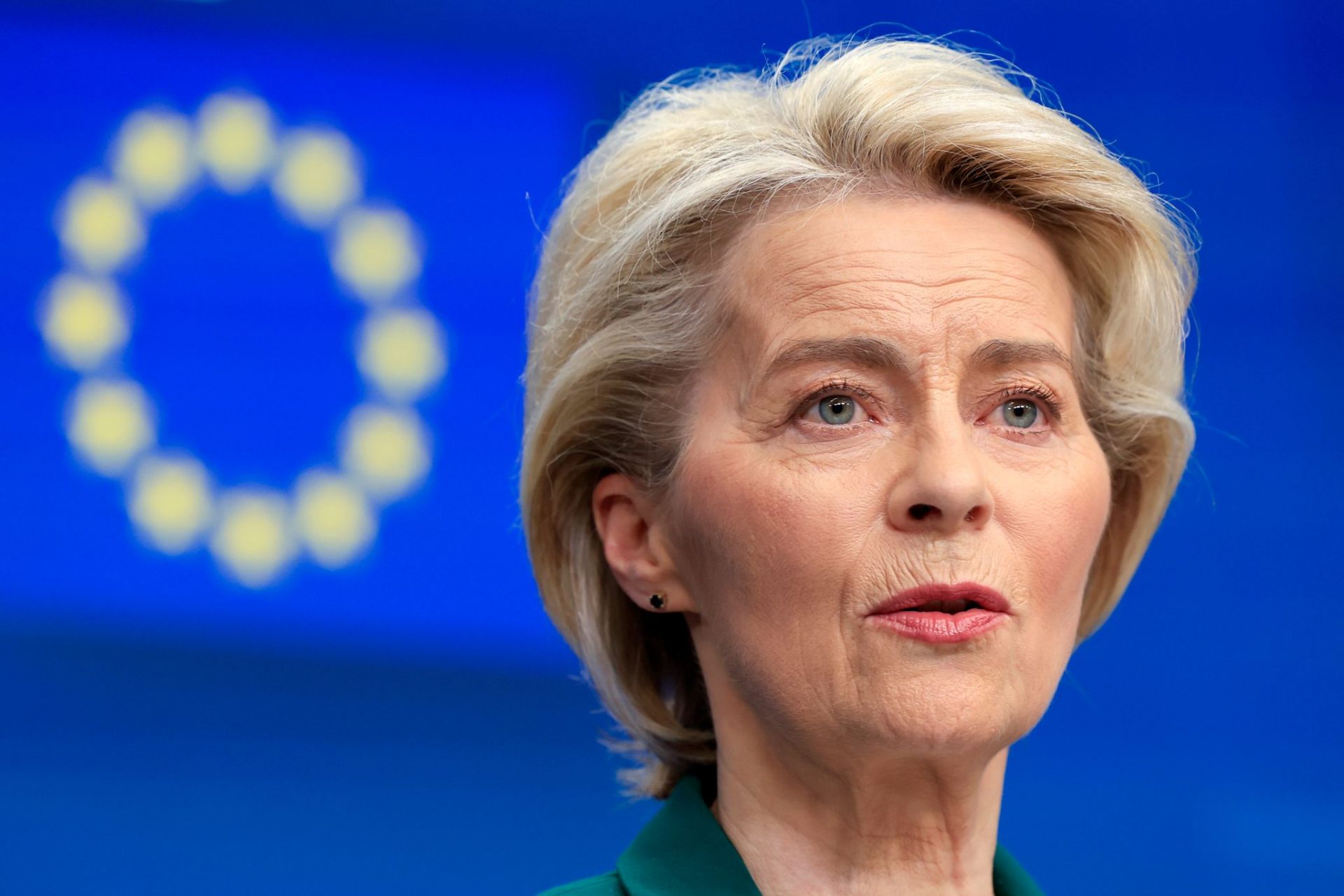Brussels (ANSA) – Five days remain until the deadline set by President Ursula von der Leyen to present the candidate commissioners who will sit in the next European Commission. The heavyweights have already provided their champions. However, the list lacks Italy, the only big country that has not yet officially expressed itself. Raffaele Fitto is in pole position, but his name has not yet been formalized in Brussels.
Of the 27 positions up for grabs, two have already been assigned, with von der Leyen confirmed as president and former Estonian Prime Minister Kaja Kallas set to become the next High Representative (pending Euro Parliament approval, in her case). Thus, 25 positions remain. Aside from Spain, only five member states have not yet expressed themselves: Belgium, Bulgaria, Denmark, Portugal, and, indeed, Italy.
In some cases, the delays are quite understandable. In Belgium, political forces are negotiating to form a government after last June’s elections and therefore the new Commissioner dossier has not yet been addressed: a circumstance that could favor the outgoing Didier Reynders. Bulgaria, too, is in the midst of a political crisis. In Denmark, finally, the government of Mette Frederiksen should combine the appointment of the Commissioner with a government reshuffle.
But the picture is now fairly complete, although delicate. Von der Leyen had asked capitals to provide two names, a man and a woman, to promote gender balance. Well, no one from Croatia, Finland, and Sweden at least has proposed women (as Madrid is expected to do). As many as 16 only men. France, Hungary, Latvia, the Netherlands, and Slovakia, by confirming the current Commissioners, have escaped the hassle by taking advantage of the waiver granted by the president in this specific case.
The tandem idea, which in von der Leyen’s strategy was supposed to favor gender quotas, will end up producing a Commission with fewer women than the previous one. Opening the way for a possible dispute with the Euro Parliament (August 26).
 go to the original language article
go to the original language article
